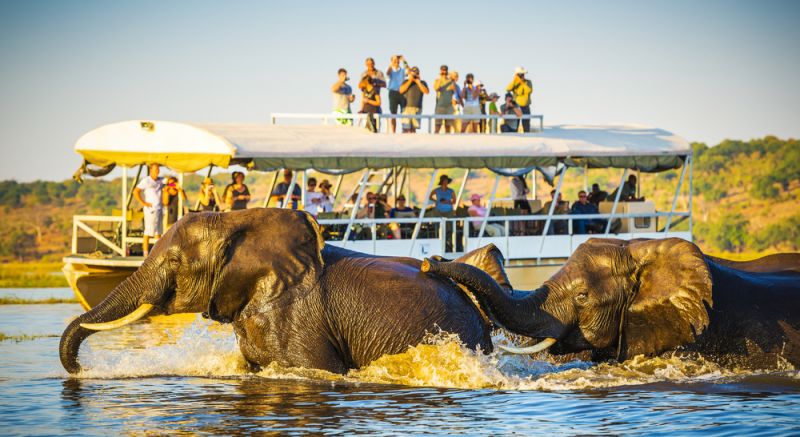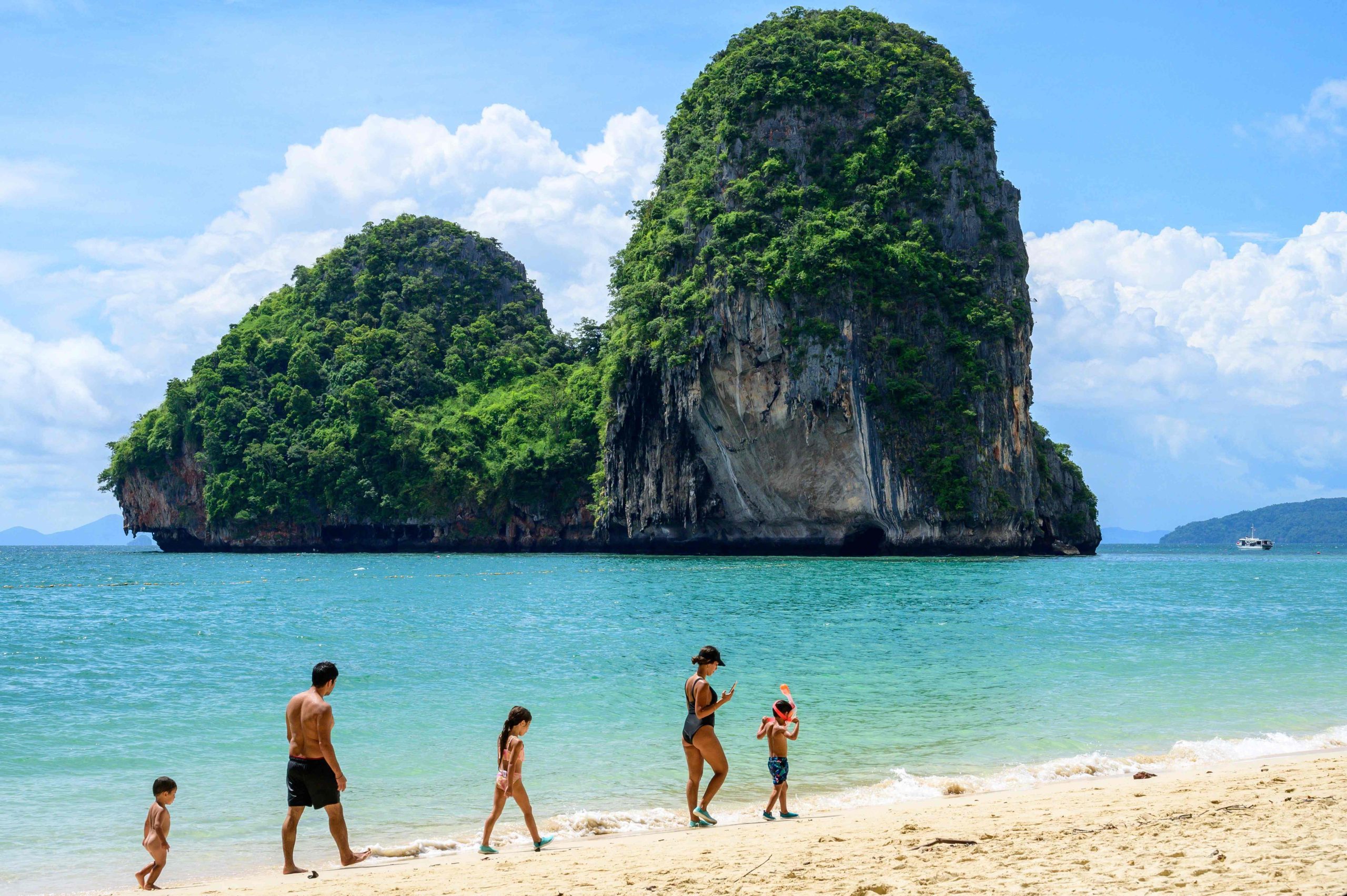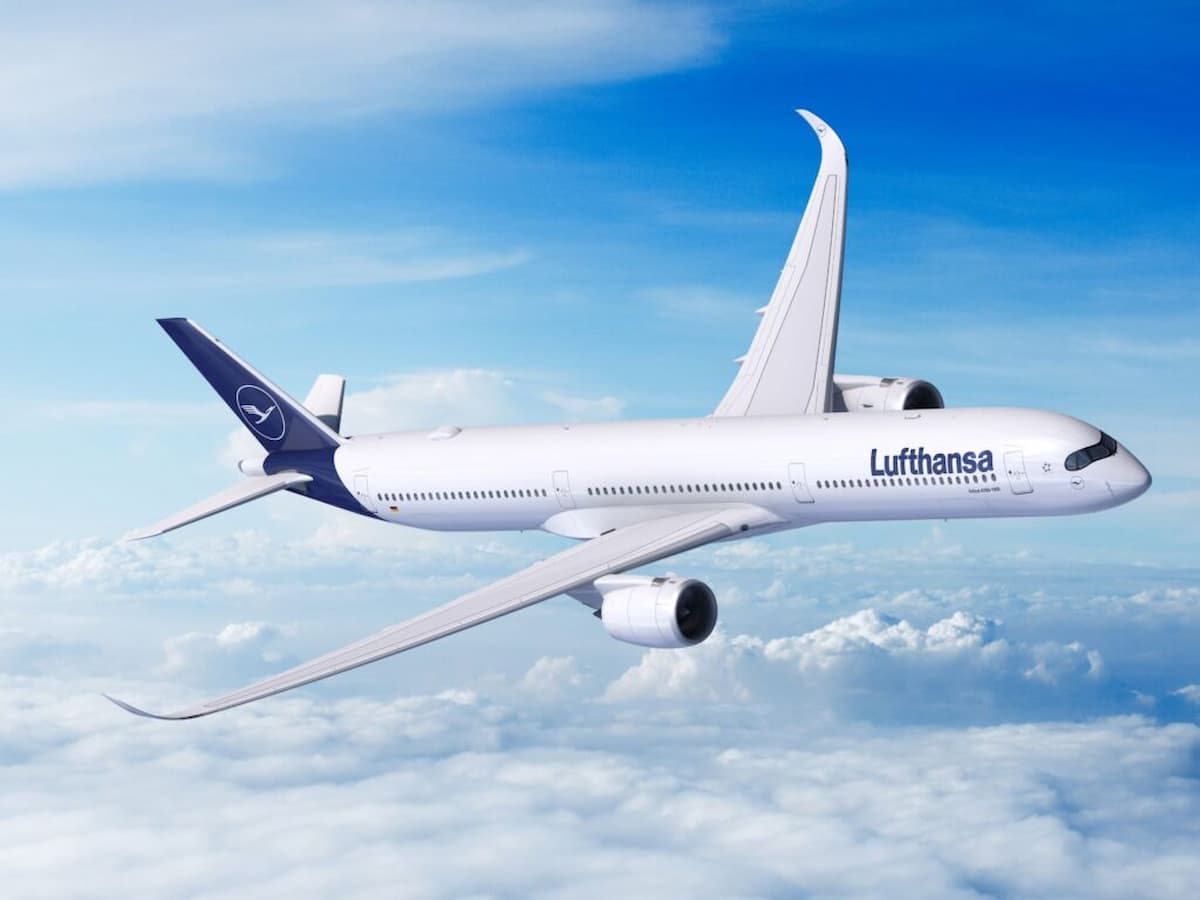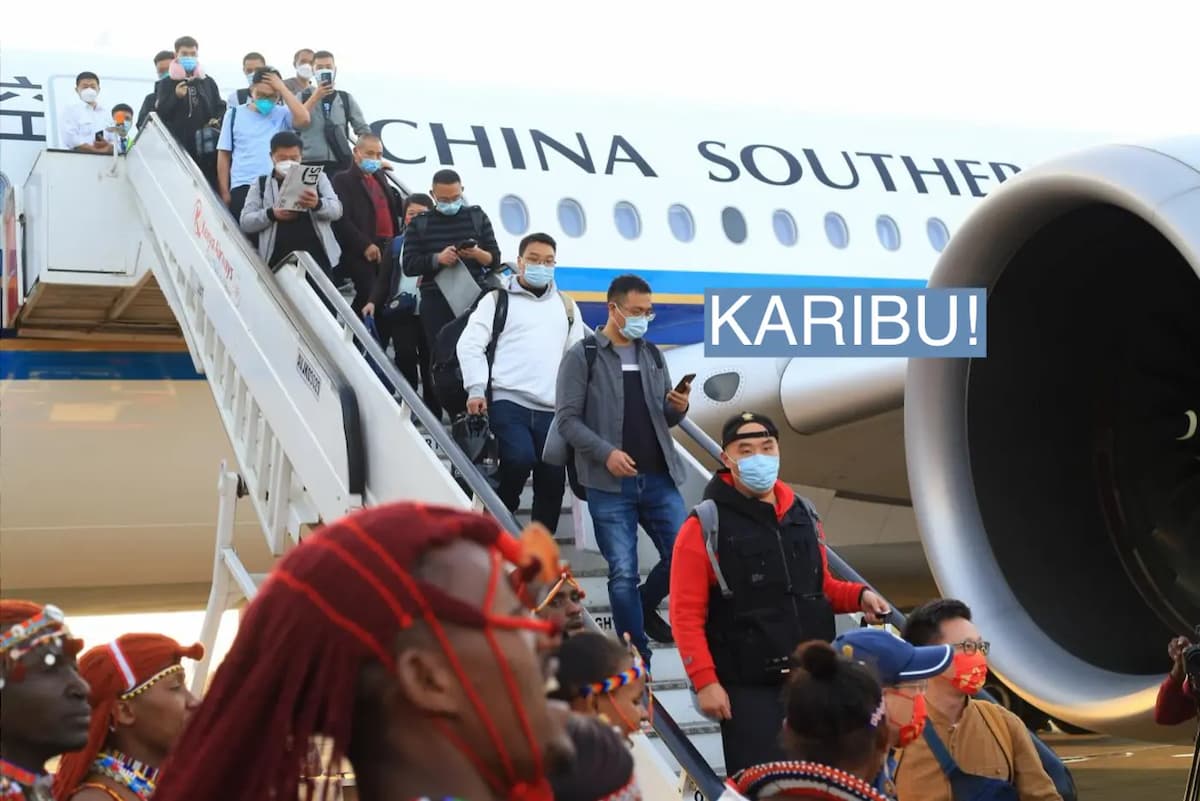Uganda and Kenya have announced dates for the second edition of the Uganda-Kenya coast tourism conference set for November this year.
Speaking on Tuesday, the state minister for Foreign Affairs, John Mulimba said the conference is yet another opportunity for both countries to seek to maximize the tourism potential between them.
“Uganda possesses some unique tourism products that can be used to make it one of the world’s leading tourist destinations. We possess some of the rarest primates in the world, Namugongo Martyrs shrines, source of River Nile and the rich culture, among others,” Mulimba said.
“Kenya is Uganda’s leading source market and last year alone, over 370,000 Kenyans visited Uganda for various reasons. Also, Uganda is Kenya’s second leading source market after the USA. Just last year over 150,000 Ugandans visited Kenya and out of those 22,000 visited the Kenya Coast.”
He said the conference is yet another opportunity for both countries to increase their tourism potential.
“The increasing number of tourists between Uganda and Kenya Coast has been aided by the improved air connection between Entebbe and Mombasa. Currently, Uganda Airlines operates three weekly direct flights between Entebbe and Mombasa. This is complimented by daily flights by Kenya Airways through Nairobi. Moreover, it is also possible to travel between both countries by road, using national identity cards. Thus, it is possible to leverage on the improved connection to grow the tourism between Uganda and Kenya coast.”
Uganda to tap into Kenyan coast
Kenya’s coastal tourism is booming with thousands of tourists going to the country enjoy various tourism products including the historical Fort Jesus, beaches, resorts, marine national parks, elephant sanctuary, the dolphins, slave caves, sacred forests, Vasco Da Gama Fort, white sands, coral reefs, diving and snorkeling among others.
However, according to Amb.Paul Mukumbya, Uganda’s Consulate General in Mombasa, Uganda seeks to tap into these big numbers.
He insisted that each of these countries needs each other.
“The Kenyan coast is one of the biggest hubs for tourism on the continent mainly because of the biggest beaches. On the other side, in Uganda we have products that are not at the Kenyan coast like the Mountain Gorillas, Chimpanzees, adventure tourism on River Nile, a special product called the Kampala nightlife, cultural tourism and many others that Kenya doesn’t have. By joining synergies, we can tap into each other’s tourism numbers,” Mukumbya said.
“The concept we are working with is creating synergies and working through complementarity at the Kenyan coast and Uganda. We want to see that if someone comes to tour the Kenyan coast, on the same itinerary, they can visit Uganda and look at the beauty we have and the vice versa as those who come to Uganda can visit the Kenyan coast.”
According to Stephen Asiimwe, the Executive Director of Private Sector Foundation Uganda (PSFU) by tapping into the tourism numbers to Kenya’s coast, Uganda stands a chance to also grow its tourism numbers.
He added that Uganda is well placed to tap into these numbers.
“The thousands of tourists to the Kenyan coast have money and time. They have done Zanzibar a hundred of times, Serengeti and many other places but they don’t know what is happening this side (Uganda). I can bet you if we can get them here, they can spend the money as they enjoy what Uganda has to offer,” Asiimwe said.
The second Uganda-Kenya coast tourism conference will be held between November 13 and 14 at Neptune Paradise Beach Resort and Spa in Diani, Kwale County in Kenya under the theme, “Consolidating Networks, Synergies, and Diversity to Maximize the tourism potential between Uganda and Kenya Coastal Region”.
The conference will also have tourism excursions, and farm trip.
Source: All Africa










